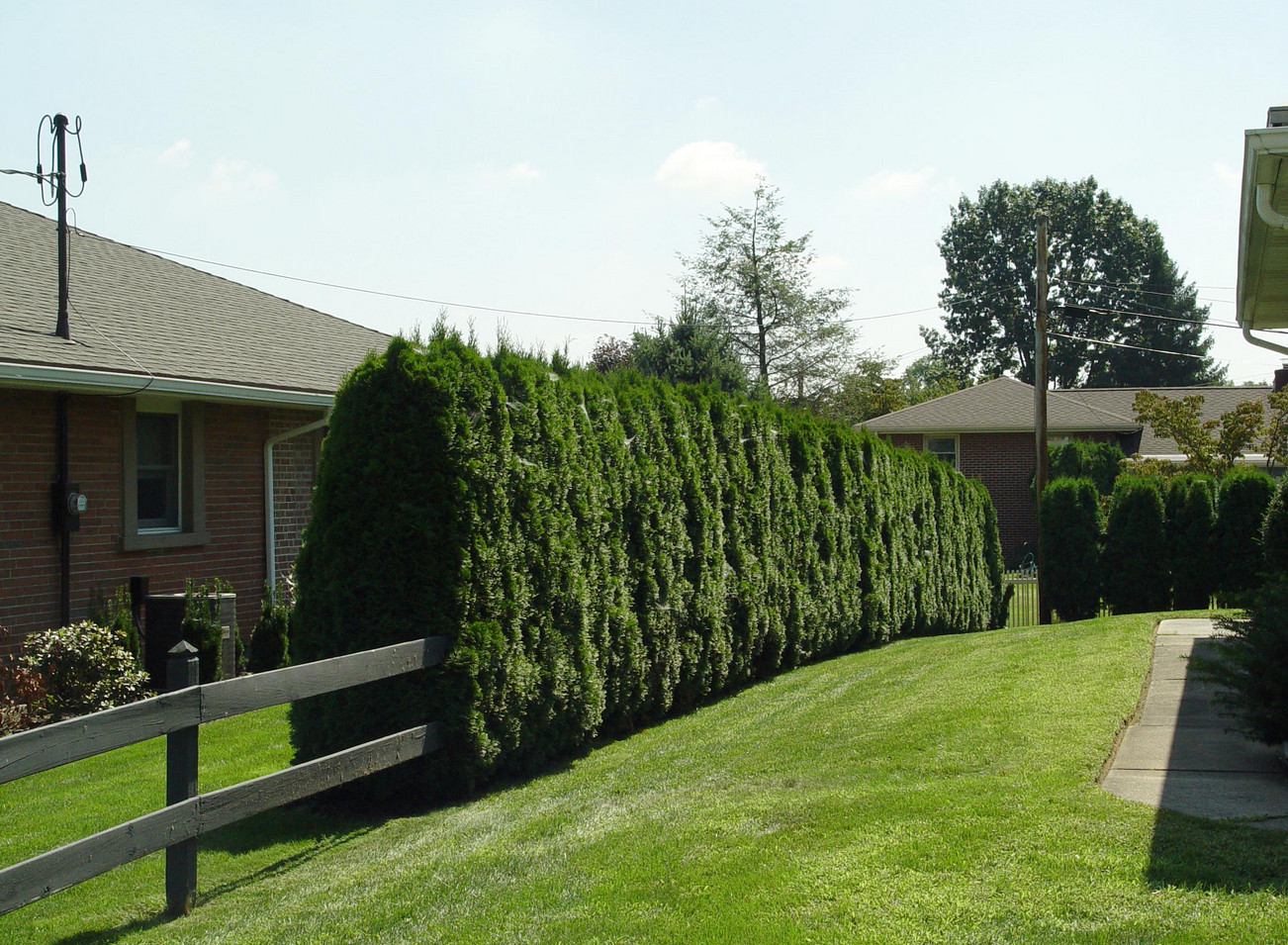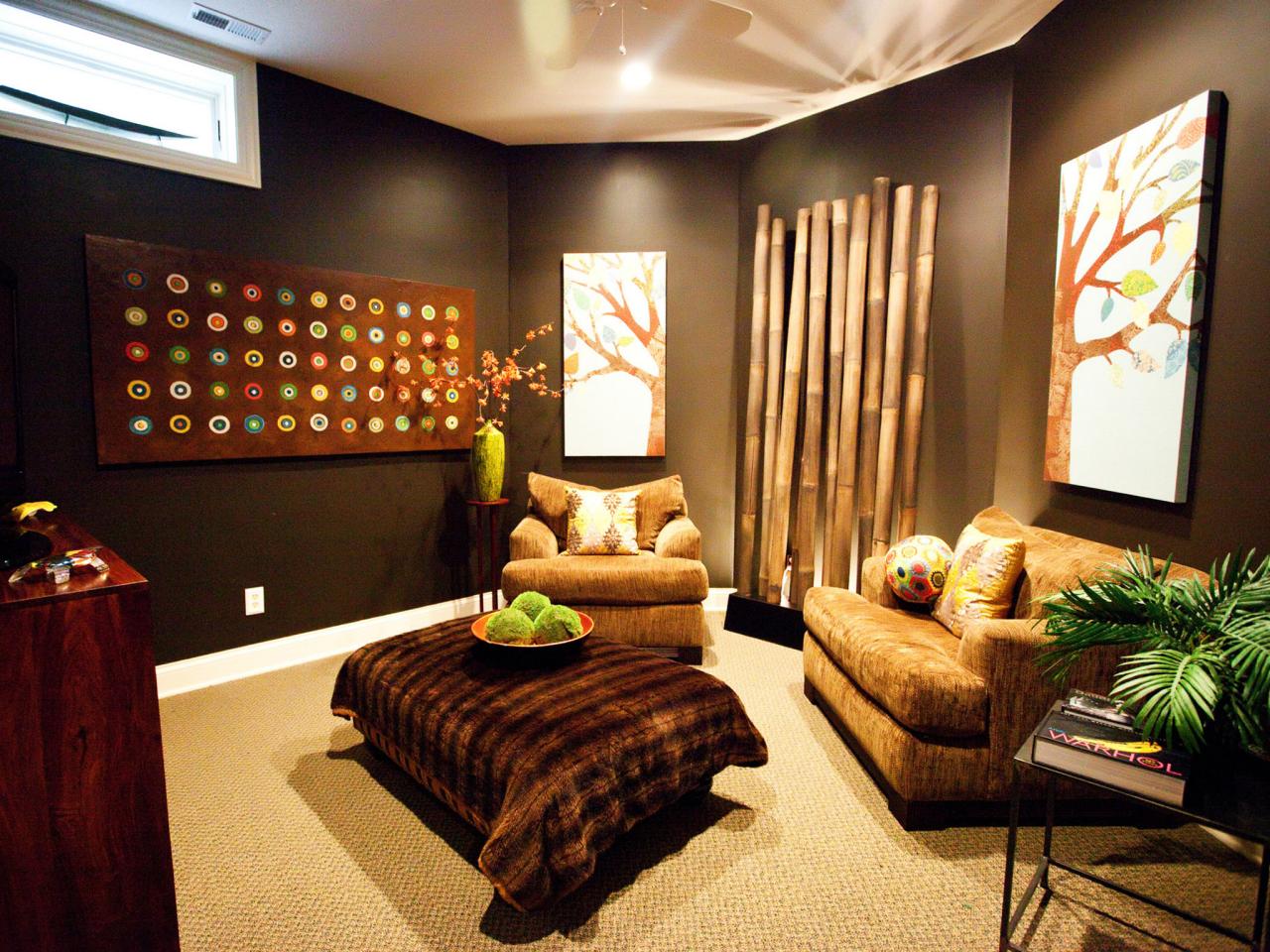To provide screening, a hedge is a better solution. Silver birch also tend to have small leaves and are fairly open.
Plants For Screening Neighbours, These methods of screening are successful up to a point, but because they are restricted to 6.6 feet neighbours opposite you can still see over these screening methods. So you’re not forced to learn or seek out specific landscaping talent to manage exotic plants.

You can choose a variety that grows to your exact desired height, and small plants. These plants will quickly cover a fence and provide privacy. The same goes for camellias, rhododendrons and azaleas. It’s low maintenance, and it tolerates cold weather as well as most soil types/conditions.
Unlike the other plants listed above, the ‘teddy bear’ is great in instances where you want to bring a splash of colour to your garden.
If you want a visual screen, you can clip it into a hedge, but if you’re trying to cut out noise, plant in clumps and let them go for it. Depending on the variety, bottlebrushes can grow up to 10 metres high and thrive in most areas. These plants will quickly cover a fence and provide privacy. Some vining plants that grow fast are ivy, clematis or hops. Lilly pillys are a popular fast growing shrub growing up to 5 metres. This is one of the most popular and best outdoor evergreen screening plants for backyard privacy from neighbours.
 Source: diyselfy.blogspot.com
Source: diyselfy.blogspot.com
Thus hopefully, you’ll find one ideal product or another in our list. You can opt for giant or dwarf when choosing your variety, so be sure to measure and understand your space. Our most popular screening trees and shrubs for privacy include bamboo plants, photinia red robin as shrubs or trees, laurels such as prunus laurocerasus or prunus lusitanica for.
 Source: pinterest.com
Source: pinterest.com
To provide screening, a hedge is a better solution. And you’re less likely to. Discover 17 privacy bushes and shrubs that are perfect for screening your backyard, front yards, patio, and driveways. Silver birch also tend to have small leaves and are fairly open. Horsetail grass is one of the most popular ornamental grasses and a good screening plant.

Our most popular screening trees and shrubs for privacy include bamboo plants, photinia red robin as shrubs or trees, laurels such as prunus laurocerasus or prunus lusitanica for hedging, ligustrum trees and shrubs, leylandii for hedging, evergreen oak as trees or shrubs, holly varieties such as ilex aquifolium or ilex cornuta for hedging, magnolia grandiflora full. However, hedges generally require.
 Source: kingco.co.uk
Source: kingco.co.uk
You can opt for giant or dwarf when choosing your variety, so be sure to measure and understand your space. The big difference is the way the ‘teddy bear’ tends to form a tighter more dense foliage, making it a great option for screening and privacy. Top plants for screening neighbours brands try to offer some unique features that make.

You can plant them at the pergola posts, arch or arbor and have a fascinating backyard retreat. If you want a visual screen, you can clip it into a hedge, but if you’re trying to cut out noise, plant in clumps and let them go for it. However, that may upset your neighbours (unless they, too, would like more privacy)..
 Source: youtube.com
Source: youtube.com
Discover 17 privacy bushes and shrubs that are perfect for screening your backyard, front yards, patio, and driveways. Where you plant your privacy tree makes a big difference. Some vining plants that grow fast are ivy, clematis or hops. If you want a visual screen, you can clip it into a hedge, but if you’re trying to cut out noise,.
 Source: decoist.com
Source: decoist.com
It’s low maintenance, and it tolerates cold weather as well as most soil types/conditions. Smaller areas can also be screened using a variety of shrubs, especially evergreens. However, that may upset your neighbours (unless they, too, would like more privacy). You can choose a variety that grows to your exact desired height, and small plants. With a longer flowering season.
 Source: allimagesforyou2049.blogspot.com
Source: allimagesforyou2049.blogspot.com
Find out which plants are suitable along fence lines and which are fast growing to experience peace and serenity of a secluded residence. We look at the features that matter and choose the top plants for screening neighbours based on. Your instinct might be to plant trees around the edges of your property to leave as much space free in.
 Source: nl.pinterest.com
Source: nl.pinterest.com
They are one of the few trees you can plant in groups to make an effective screen. However, that may upset your neighbours (unless they, too, would like more privacy). Your instinct might be to plant trees around the edges of your property to leave as much space free in the middle as possible. Understand the cultural conditions of your.
 Source: houzz.com.au
Source: houzz.com.au
Known for their hardiness, bottlebrushes are a popular australian native that can work well as a screening plant. Discover 17 privacy bushes and shrubs that are perfect for screening your backyard, front yards, patio, and driveways. You can choose a variety that grows to your exact desired height, and small plants. The syzygium smithii variety is commonly known as neighbours.
 Source: hortiland.ie
Source: hortiland.ie
Thus hopefully, you’ll find one ideal product or another in our list. Native plants are already comfortable with your climate conditions and local soil. Known for their hardiness, bottlebrushes are a popular australian native that can work well as a screening plant. To provide screening, a hedge is a better solution. Discover 17 privacy bushes and shrubs that are perfect.
 Source: pinterest.com
Source: pinterest.com
However, hedges generally require more maintenance, such as continual pruning, in order to retain their shape. Our most popular screening trees and shrubs for privacy include bamboo plants, photinia red robin as shrubs or trees, laurels such as prunus laurocerasus or prunus lusitanica for hedging, ligustrum trees and shrubs, leylandii for hedging, evergreen oak as trees or shrubs, holly varieties.
 Source: pinterest.com
Source: pinterest.com
You don’t need heaps of features, but useful ones. Magnolias will tolerate some shade, but too much shade and they provide a screen but no blooms. Thus hopefully, you’ll find one ideal product or another in our list. See more ideas about backyard landscaping, garden design, backyard. Below are my top tips for creating screening and privacy for your contemporary.
 Source: pinterest.com
Source: pinterest.com
The same goes for camellias, rhododendrons and azaleas. Some vining plants that grow fast are ivy, clematis or hops. Discover 17 privacy bushes and shrubs that are perfect for screening your backyard, front yards, patio, and driveways. Smaller areas can also be screened using a variety of shrubs, especially evergreens. Choose from one of these fast growing popular tried and.
 Source: pinterest.com
Source: pinterest.com
Being able to see through them doesn’t block the light levels that a lot of trees do. However, hedges generally require more maintenance, such as continual pruning, in order to retain their shape. Choose from one of these fast growing popular tried and proven screening plants. Horsetail grass is one of the most popular ornamental grasses and a good screening.
 Source: bbbarns.com
Source: bbbarns.com
There are many benefits to using screening plants as a natural barrier for privacy and reducing neigbourhood noise. Hedges make effective screens as well as barriers. Hedges a useful way of using large shrubs as tree substitutes is to clear the lower branches as they grow so that the space underneath is maximised and plants below receive adequate light. Prune.
 Source: marygardendesign.blogspot.com
Source: marygardendesign.blogspot.com
Certain types of clematis (marked group 3 on the plant label) will cover a trellis or pergola in quick time too if you cut the ends back in early spring to encourage thicker growth. Your instinct might be to plant trees around the edges of your property to leave as much space free in the middle as possible. Leylandii is.
 Source: screenhedgeplants.com.au
Source: screenhedgeplants.com.au
Some vining plants that grow fast are ivy, clematis or hops. They are one of the few trees you can plant in groups to make an effective screen. What are the fastest growing screening plants? However, hedges generally require more maintenance, such as continual pruning, in order to retain their shape. Silver birch also tend to have small leaves and.
 Source: affinityproperty.net.au
Source: affinityproperty.net.au
Our most popular screening trees and shrubs for privacy include bamboo plants, photinia red robin as shrubs or trees, laurels such as prunus laurocerasus or prunus lusitanica for hedging, ligustrum trees and shrubs, leylandii for hedging, evergreen oak as trees or shrubs, holly varieties such as ilex aquifolium or ilex cornuta for hedging, magnolia grandiflora full. This is one of.

And you’re less likely to. The same goes for camellias, rhododendrons and azaleas. These methods of screening are successful up to a point, but because they are restricted to 6.6 feet neighbours opposite you can still see over these screening methods. If you want a visual screen, you can clip it into a hedge, but if you’re trying to cut.
 Source: gardenninja.co.uk
Source: gardenninja.co.uk
Suitable plants for screening can include hedging shrubs, trees or grasses and bamboos, depending on the level of formality, and the height and spread required for the space. Depending on the variety, bottlebrushes can grow up to 10 metres high and thrive in most areas. Known for their hardiness, bottlebrushes are a popular australian native that can work well as.
 Source: diyselfy.blogspot.com
Source: diyselfy.blogspot.com
Understand the cultural conditions of your site and the requirements of the plants. Leylandii is also a fantastic rapid grower, but requires regular maintenance to keep it spiralling out of control, and its roots can potentially cause structural damage if planted too close to your house. Certain types of clematis (marked group 3 on the plant label) will cover a.
 Source: pinterest.jp
Source: pinterest.jp
Thus hopefully, you’ll find one ideal product or another in our list. Your instinct might be to plant trees around the edges of your property to leave as much space free in the middle as possible. Hedges a useful way of using large shrubs as tree substitutes is to clear the lower branches as they grow so that the space.
 Source: greenearth-landscapes.com
Source: greenearth-landscapes.com
This is one of the most popular and best outdoor evergreen screening plants for backyard privacy from neighbours. Known for their hardiness, bottlebrushes are a popular australian native that can work well as a screening plant. Your instinct might be to plant trees around the edges of your property to leave as much space free in the middle as possible..
 Source: thespruce.com
Source: thespruce.com
Laurel plants should generally be spaced 3 feet apart, but for a swifter result, planting 2 feet apart will form a quick screen. Here is a range of benefits for using native plants for screening. And you’re less likely to. Cypress also grows very tall and narrow, meaning it can be planted close together to as a privacy screen. For.








